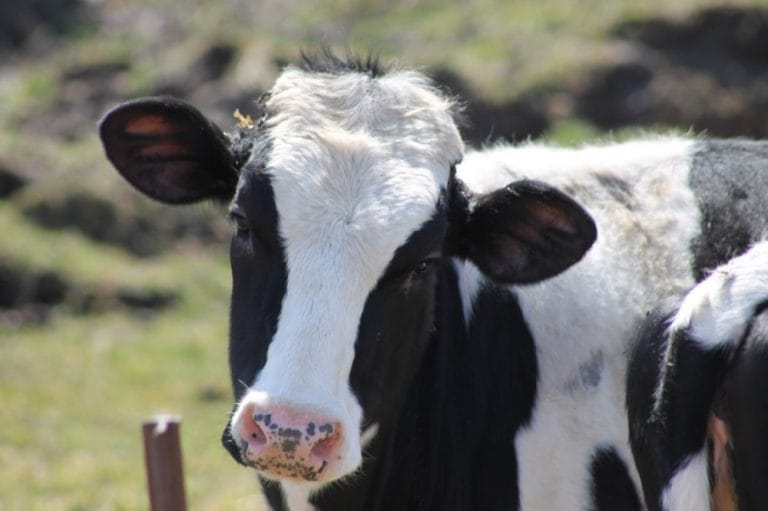People Before Profit launch Bill to provide sick pay scheme for migrant workers in meat, dairy and horticulture industry
In the Dáil later today People Before Profit will move a new bill to provide a sick pay scheme for workers in the meat, dairy and horticulture sectors.
The Bill aims to provide an employer paid sick scheme for workers employed on general employment permits in the meat processing, dairy and horticulture sectors.
Additionally, it addresses a number of other issues related to foreign nationals working in the state under general employment permits. These include granting greater rights in certain situations to change employer within the first year here, providing for the right to access the Workplace Relations Commission in some circumstances where the person involved may not have a valid work permit, and ensuring awards granted to persons without a valid permit are recoverable in the event of a insolvency and to provide for related matters.
Speaking on the Bill, which he will move at first stage after Promised Legislation today, Paul Murphy TD said: “Yesterday the Taoiseach told the Dáil that the meat plant issue ‘has been dealt with.’ He should tell that to the six meat factory workers currently in hospital and the workers in the 27 meat plants which have current outbreaks. For almost a year now, NPHET, the unions and People Before Profit have called for the implementation of proper sick pay, yet 90% of workers still don’t have access to it. This Bill would finally begin to address this.”
Bríd Smith TD said: “Workers in the meat processing, dairy and horticulture sectors who are employed under general employment work permits need a sick pay scheme, so they do not have to go to work when they are sick. The issue of a sick pay scheme is essential to drive down Covid outbreaks in these sectors.”
The Bill has been welcomed by unions and rights groups.
Greg Ennis, SIPTU Divisional Organisersaid: “I welcome this Bill as a significant step in the support of achieving decent terms and conditions that these essential workers in the low paid Irish food processing industry deserve. While many trumpet the essentiality of these workers, they must now walk the walk as well as talk the talk”
